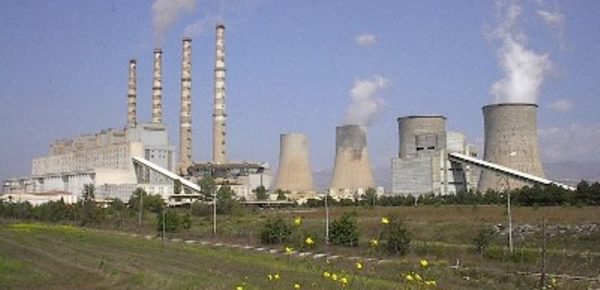The increased pressure experienced by the country’s grid this winter is expected to offer the main power utility PPC unanticipated support in its quest to extend the lives of two ageing power stations, whose contributions amid the energy crisis have proven to be crucial.
Following a previous failed effort, PPC has submitted a new request to European Commission authorities for life extensions of its Amyndeo and Kardia power stations, possessing respective capacities of 600 MW and 1,200 MW.
The power utility wants the units to each be granted 32,000 hours of operating time between 2016 and 2023, up from 17,500 hours at present. This would prolong their lives by about two years. PPC has asked the government for its support opposite the European Commission.
The two units, both located in the country’s north, have been forced to operate at full capacity in recent times, and, as a result, have used up a considerable amount of the 17,500 hours they are each permitted to operate between 2016 and 2023. This works out to approximately 2,200 hours, or three months, per year, for each unit.
At the current rate, the two units will have used up their permitted time by 2018. This would cause electricity adequacy problems as the withdrawal of the two units at that time would deprive the grid of roughly 1,800 MW prior to the arrival of a new power station, Ptolemaida 5, not expected to be launched until 2020.
The ageing Amyndeo and Kardia units have been subject to European Commission operating restrictions since 2013. Two years later, former energy minister Panagiotis Lafazanis unsuccessfully applied to have the remaining operating hours of both units increased to 32,000 hours.





